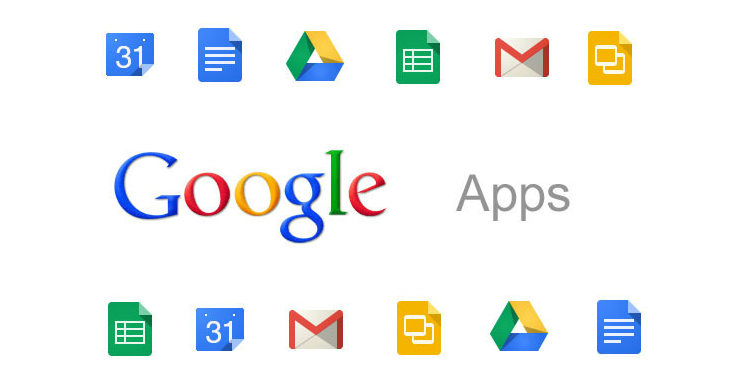
If there's one thing that's evident in this industry, if nothing else, it's that right now we're in the middle of a duopoly when it comes to major platforms. We technically have four: Android, iOS, Windows Phone 8 and BlackBerry, but you could slash off the last two and still have most of the smartphone market covered. Just in Q2 of 2013, Android devices made up 79% of all smartphones sold that quarter, while Apple held on to 14%. Windows Phone covered 3.3% and BlackBerry came in last with 2.7%. Although everything pales in comparison to the amount of Androids that sold that quarter, even Apple did considerably better than the other two - which is saying something considering they hadn't released a new smartphone since fall of 2012.
Why are Android and iOS doing so much better than Windows Phone 8 and BlackBerry? The first thing most people point to is applications, or lack thereof. Windows Phone 8 is widely regarded as having a smooth and intuitive UI overall, and combined with Nokia's PureView camera technology that are implemented in the popular Lumia line of phones would make it seem like it's a shoo-in for the perfect smartphone - but the one thing missing is applications. BlackBerry has a similar issue. Many people got started in the smartphone industry through BlackBerry devices, and with the introduction of BlackBerry 10 it seemed as if the Canadian company was ready to join smartphones of the future by optimizing their app store. Unfortunately, we found that quantity doesn't always equal quality, and there are quite a few key applications missing from the BlackBerry App World as well.
Most notably, neither one of these platforms have Google Apps.
Google applications such as Gmail, Maps, YouTube, Hangouts, Voice and Chrome are some of the most popular applications used across Android, iOS and even on PC. Even if you're not a fan of Android, you probably use or come across some product of Google at least once or twice a day. YouTube hosts a plethora of viral videos, and although you can view them on just about any mobile phone I have found that having the actual application is much more convenient. My main search engine is Google Search, my first choice for navigation is Google Maps, my favorite mobile browser is Chrome, and my newest favorite application to chat in a group is Google Hangouts, and both of my e-mail addresses use Gmail. Needless to say, Google applications are very important to have in a smartphone for me. I imagine I'm not the only one.
I think that's why it's so easy for people to only consider iOS or Android when looking for a smartphone. For people who don't really care for Android but still use Google services, iOS is a great alternative. You get the best of both worlds by having all major Google applications available in iOS, not to mention Google Now support. Google and Apple services all mixed into one is actually a pretty sweet deal, despite the fact that they're rivals in the tech world. In my opinion, Google has done a great job of developing applications both for PC and mobile use. It makes it easy to seamlessly switch from PC to phone. I'll be honest, I think that Apple wouldn't still be standing where it is today if iOS didn't offer Google apps. Would it still be more popular than Windows Phone and BlackBerry? Definitely, because Apple does still offer a huge amount of apps that are actually useful, not to mention well-designed. But there's no question in my mind that Google does the best job of holding their own when it comes to creating productivity applications, and a lot of people and businesses depend on them.
More than Netflix, Spotify, Instagram or any other popular application the kids are using these days, I think the lack of Google apps might be the biggest killer for other platforms. Google just integrates so well between PC and mobile that, for me, is hard giving up once you've experienced it. Since so much of my web life revolves around Google services, it wouldn't make much sense for me to leave iOS or Android. It's not that the other platforms don't work well, it's just that they don't have what I need in order to make my life easier - which is the point of having a smartphone.
But that's just my thought on it. What are your thoughts, readers? Do you think that platforms need Google applications to succeed, or would you say otherwise? I want to hear your opinions! Share them with me in the comments below!